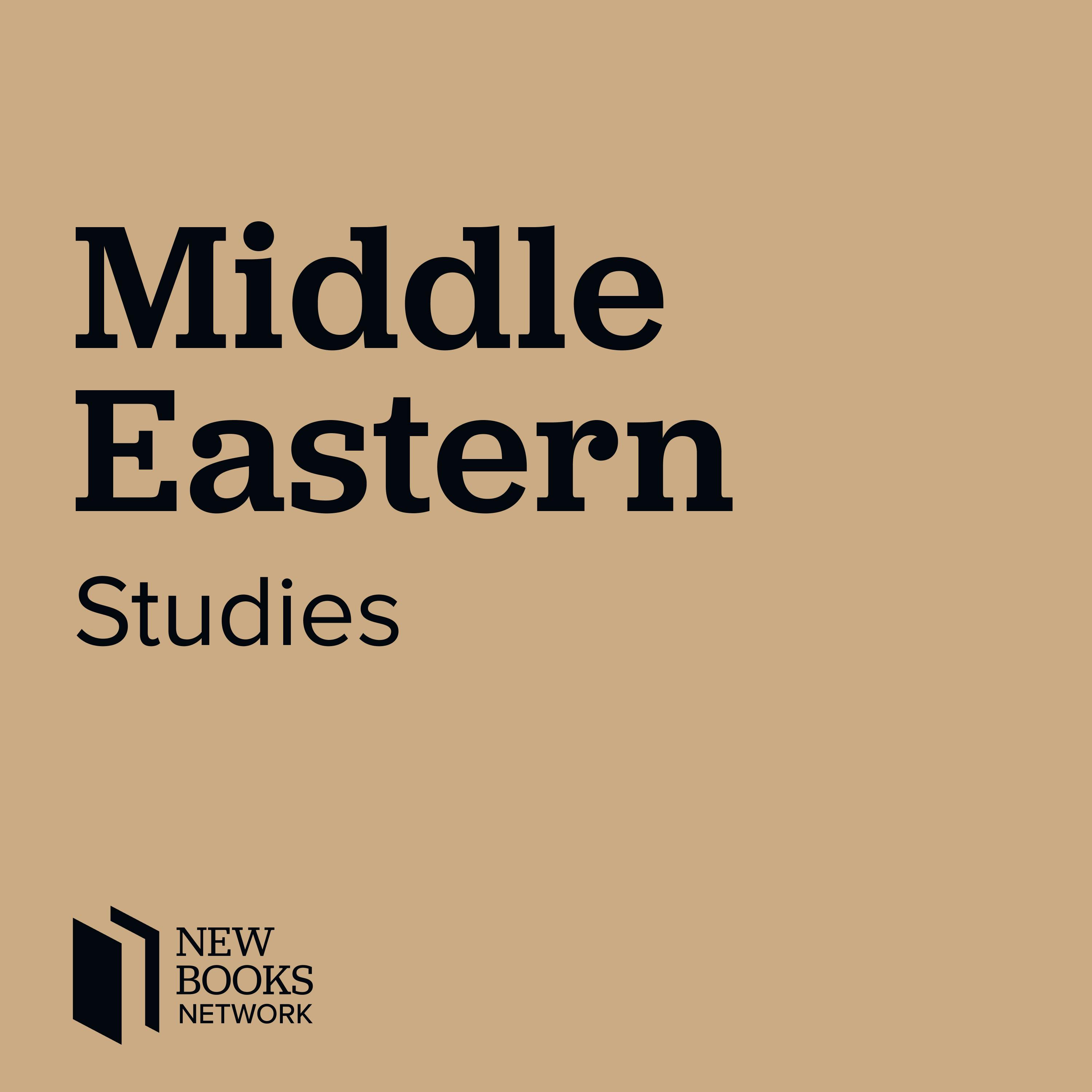Haggai Ram, "Intoxicating Zion: A Social History of Hashish in Mandatory Palestine and Israel" (Stanford UP, 2020)
Description
When European powers carved political borders across the Middle East following World War I, a curious event in the international drug trade occurred: Palestine became the most important hashish waystation in the region and a thriving market for consumption. British and French colonial authorities utterly failed to control the illicit trade, raising questions about the legitimacy of their mandatory regimes. The creation of the Israeli state, too, had little effect to curb illicit trade. By the 1960s, drug trade had become a major point of contention in the Arab-Israeli conflict, and drug use widespread.
Intoxicating Zion: A Social History of Hashish in Mandatory Palestine and Israel (Stanford UP, 2020) is the first book to tell the story of hashish in Mandatory Palestine and Israel. Trafficking, use, and regulation; race, gender, and class; colonialism and nation-building all weave together in Haggai Ram's social history of the drug from the 1920s to the aftermath of the 1967 War. The hashish trade encompassed smugglers, international gangs, residents, law enforcers, and political actors, and Ram traces these flows through the interconnected realms of cross-border politics, economics, and culture. Hashish use was and is a marker of belonging and difference, and its history offers readers a unique glimpse into how the modern Middle East was made.
Haggai Ram is an historian of the modern Middle East at Ben Gurian University of Negev. His teaching and research focus on the social and cultural history of Iran, Palestine-Israel, and the Levant region.
Lucas Richert is an associate professor in the School of Pharmacy at the University of Wisconsin, Madison. He studies intoxicating substances and the pharmaceutical industry. He also examines the history of mental health.
Learn more about your ad choices. Visit megaphone.fm/adchoices
More Episodes
In this evocative, insightful memoir, a leading voice in Middle Eastern Studies revisits his childhood in war-torn Lebanon and his family’s fascinating history, coming to terms with trauma and desire. Water on Fire: A Memoir of War (Other Press, 2024) tells a story of immigration that starts in a...
Published 04/24/24
Between the 1850s and World War I, about one million North Caucasian Muslims sought refuge in the Ottoman Empire. This resettlement of Muslim refugees from Russia changed the Ottoman state. Circassians, Chechens, Dagestanis, and others established hundreds of refugee villages throughout the...
Published 04/23/24
Palestinian writing imagines the nation, not as a nation-in-waiting but as a living, changing structure that joins people, place, and time into a distinct set of formations. Novel Palestine examines these imaginative structures so that we might move beyond the idea of an incomplete or fragmented...
Published 04/23/24


